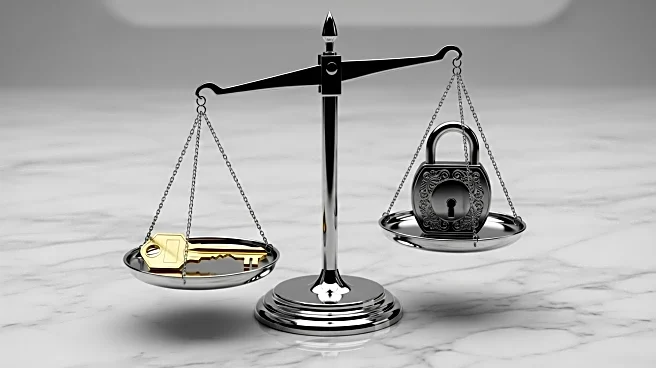What's Happening?
Amazon is embroiled in a federal trial in Seattle, facing allegations from the Federal Trade Commission (FTC) that it manipulated consumers into subscribing to its Prime service through deceptive design elements known as 'dark patterns.' The FTC claims these tactics led millions to unintentionally enroll in Prime, which costs $139 annually or $14.99 monthly. Amazon denies these allegations, asserting its practices are standard within the subscription industry.
Why It's Important?
This case is significant as it challenges Amazon's consumer practices and could set a precedent for how subscription services operate. A ruling against Amazon may lead to stricter regulations on digital marketing and subscription models, impacting how companies design user interfaces and disclose subscription terms. The outcome could influence consumer protection laws and reshape industry standards.
What's Next?
The trial is expected to last nearly a month, with a jury determining whether Amazon's practices violated consumer protection laws. A separate antitrust lawsuit against Amazon is scheduled for 2027, potentially intensifying scrutiny on the company's market dominance. Depending on the trial's outcome, Amazon may need to revise its subscription processes and face increased regulatory oversight.
Beyond the Headlines
The case highlights broader issues of digital ethics and consumer rights, questioning the balance between business innovation and transparency. It underscores the need for clear legal definitions of 'dark patterns' and may prompt discussions on ethical design in digital platforms. Long-term, it could influence consumer expectations and demand for more straightforward subscription processes.












